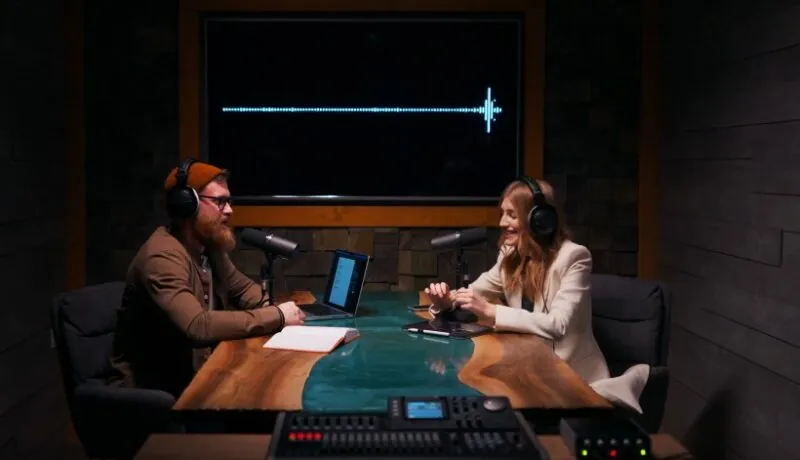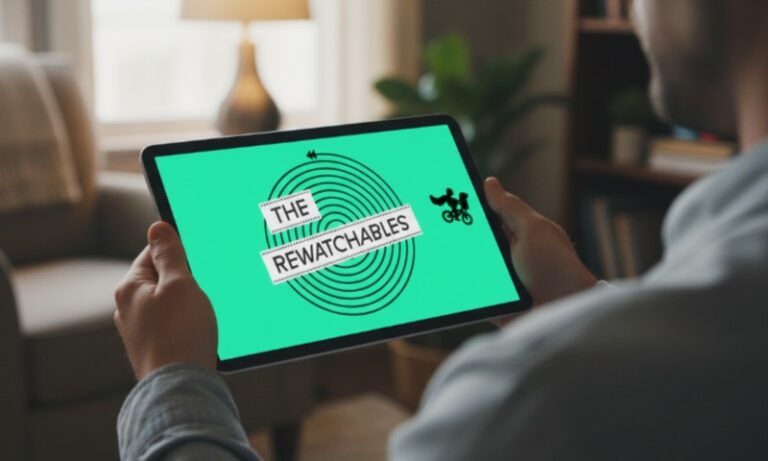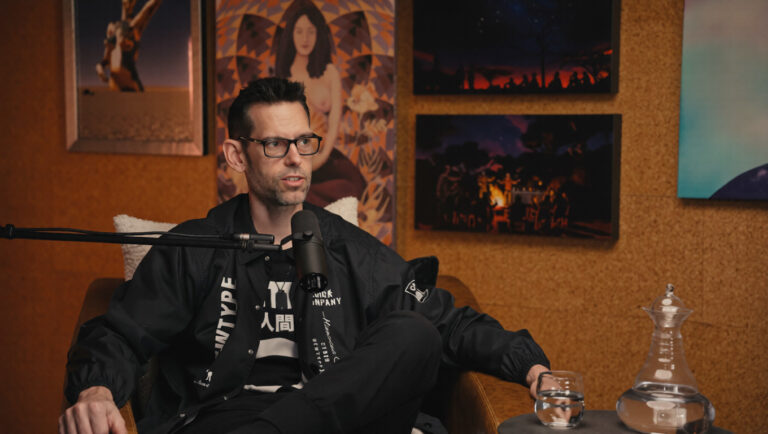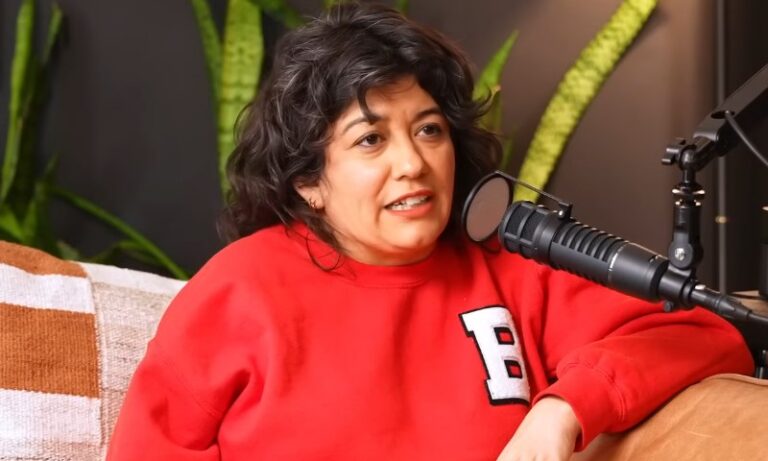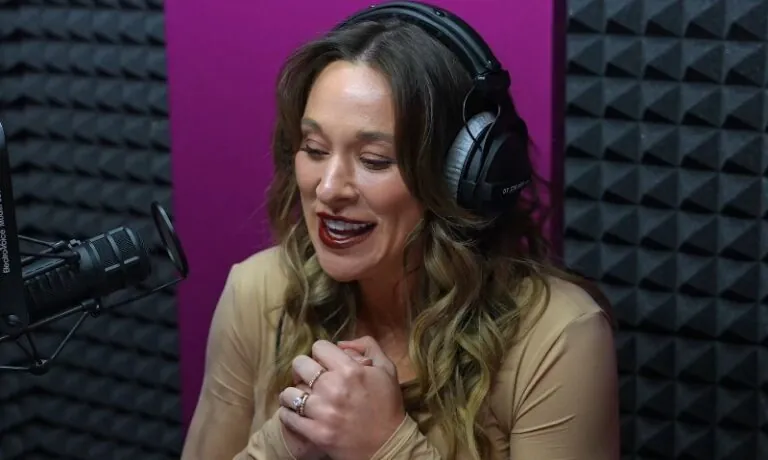Maybe it’s the cozy setting—two mics, a couch, maybe even slippers. Maybe it’s the host’s voice: calm, non-judgy, nodding along. Suddenly, the guest starts sharing something raw. Real raw. And before you know it, it’s out there. For good.
You might’ve heard Greg James (Radio 1 Breakfast Show, Tailenders, The Fast and the Curious) call it out in iNews recently. He said some podcasts feel like “deeply private therapy sessions,” except instead of a trained therapist, it’s just “the man from Dragon’s Den nodding and saying ‘wow’.”
He’s not wrong.
There’s a difference between being vulnerable and being unfiltered. Between sharing a story and unintentionally crossing a line—especially a legal one.
Whether you’re running your own show or hosting others, talking about sensitive stuff—mental health, trauma, relationships, legal issues—requires more than empathy and curiosity. It takes responsibility.
So let’s talk frankly about how you can legally and ethically approach sensitive issues on your podcast—without putting yourself, your guest, or your listeners at risk.
Table of Contents
ToggleStart With a Gut Check: Why Are You Sharing This?
Before we even get to laws and logistics, here’s the first question every podcaster should ask: Why does this story need to be told?
Are you raising awareness about grief or suicide in hopes that someone listening might feel less alone? Are you unpacking your personal experience because you think it could help others going through something similar? That’s fair game—but only if you’re not exposing someone else’s trauma without their say.
A little self-awareness goes a long way here. Even if a guest offers something shocking or personal, it’s okay—actually, it’s smart—to pause recording and check in.
“Do you want that part to go in? Are you comfortable with people hearing it?”
You’re not breaking the flow—you’re showing you care.
Be Clear About Consent — Before, During, and After
A verbal “yes” isn’t always enough
Your guest may seem comfortable in the moment. But later? Regret can creep in fast—especially when friends, coworkers, or family start messaging about what they said.
To protect everyone involved, take these steps:
- Pre-recording agreement: Explain what the episode might cover, especially if you’re going to bring up anything personal or emotionally weighty. Give your guest the chance to set boundaries ahead of time.
- Recording check-ins: If a topic veers into sensitive territory, stop and ask. Not in a panicky way—just casually. “Hey, want to keep that part in?” Or even: “We can edit that out if it feels too raw.”
- Post-recording review: Send the guest a draft or let them know when the episode drops. Give them a heads-up, not a surprise.
Watch What You Say About Other People
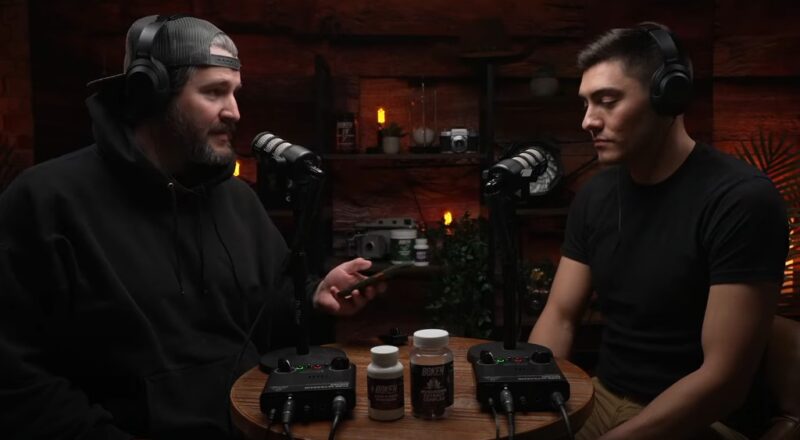
This is where podcasters can get in legal hot water without even realizing it. It’s one thing to talk about your experience with a breakup, an illness, or a workplace drama. It’s another to name-drop your ex, your boss, or that “toxic friend” in vivid detail.
You might think you’re just being honest. But if what you’re saying could damage someone’s reputation and it’s not provably true, you’re flirting with defamation.
Defamation 101 for Podcasters
Here’s a breakdown of what that actually means:
| Term | What It Means | Example |
| Defamation | A false statement that harms someone’s reputation | “My old therapist manipulated me for money” (if untrue) |
| Libel | Written defamation | In transcripts, blog posts, show notes |
| Slander | Spoken defamation | In your audio episode |
So yeah, podcasting (spoken word) usually falls under slander—but if you post transcripts or promotional materials, it can also count as libel.
If you’re unsure whether a story crosses a legal line, it’s a good idea to talk to someone who actually knows how this stuff plays out. A resource like www.malloy-law.com offers legal advice that’s grounded, real-world, and podcast-aware—not just theoretical.
Don’t Pretend to Be a Therapist

A big part of podcasting’s appeal is how human it feels. But there’s a fine line between empathizing with someone’s pain and treating it.
If you’re not a licensed mental health professional, don’t offer advice that sounds like a diagnosis or treatment plan. Avoid language like:
- “It sounds like you’re bipolar”
- “That’s probably PTSD”
- “You should stop your meds and just try meditation”
Even if it’s well-meaning, that kind of talk can lead to real harm—and even potential liability.
Instead, try something like:
- “That sounds really hard—have you talked to anyone professionally about it?”
- “There’s some great resources out there if you ever want to connect with someone trained in this”
Encourage support, don’t replace it.
And when episodes deal with intense topics like suicide, abuse, or eating disorders, include a trigger warning and helpline info upfront. Not just to cover yourself, but because it’s the decent thing to do.
Kids and Crime: Two Areas That Need Extra Care

When children are part of the story
Talking about parenting, school issues, or childhood trauma can get messy fast—especially if real minors are involved. Even if it’s your own kid, be cautious. They didn’t consent to having their story broadcast to hundreds—or thousands—of strangers.
And if you’re talking about someone else’s child? That’s a hard no without written permission. Period.
When crime is part of the story
True crime podcasts are booming, but they’re also legal minefields. If you’re covering a real case—especially one that’s recent, ongoing, or involves victims’ families—stick to facts that are public record.
Avoid speculation. Avoid bias. And avoid turning tragedy into entertainment.
Some shows, like Criminal and You’re Wrong About, do this beautifully. They balance respect, accuracy, and storytelling without sensationalizing or dragging anyone’s name through the mud.
When in Doubt, Edit It Out
Here’s the golden rule: Just because someone said it on your show doesn’t mean it needs to stay in.
Editing is your safety net. And not just legally—it’s emotionally protective too. For you and your guests.
Cut the parts that feel too raw. Take out the rants that might come off as defamatory. Blur identifying details if needed. You can still tell the truth without making someone else collateral damage.
Be Aware of the “Intimacy Trap”
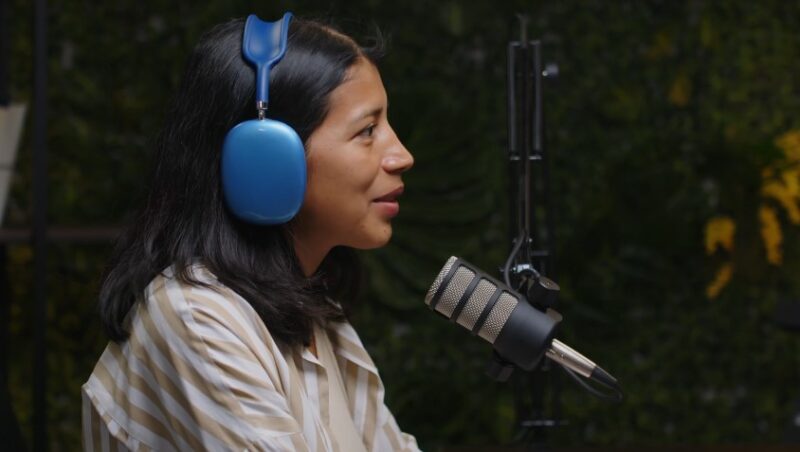
There’s a weird thing that happens in podcasting: people get comfortable too fast. They forget the mic is on. They talk like they’re in a living room, not on record.
And that’s part of what makes podcasts beautiful. But it’s also risky.
Greg James nailed it when he pointed out that some guests start confessing like they’re in therapy—but the person listening isn’t a trained clinician. It’s a former reality star. Or a musician. Or a random host with a nice voice.
Podcast intimacy is real, but misleading. And sometimes, guests don’t process what they’ve said until way after the episode is live. By then, it’s too late.
So again, give them an out. Let them pull stuff after recording. Let them rethink. You’re not being unprofessional—you’re being a solid human.
Practical Tips for Keeping It Safe and Respectful
Let’s recap with a cheat sheet:
- Get written consent when possible
- Let guests review or veto sensitive sections
- Use trigger warnings and helplines for tough topics
- Blur names, locations, or details if someone hasn’t consented
- Keep legal resources handy if you’re unsure
- Diagnosing anyone without a license
- Sharing other people’s trauma without permission
- Naming individuals in negative stories unless it’s absolutely necessary (and provable)
- Publishing minors’ info or images without clear legal approval
- Making assumptions about ongoing legal cases
When Podcasts Get It Right
Not all shows fumble this. Some absolutely nail it.
The Marie Curie Couch features bereavement experts guiding deeply emotional conversations about loss. They create space for grief, not spectacle.
How Do You Cope?… with Elis and John does it too. I remember hearing Rev Richard Coles talk about losing his partner—it was tender, grounded, real. It didn’t feel like content. It felt like a community.
And that’s the sweet spot, right? You want your listeners to feel seen, not voyeuristic. You want your guests to feel safe, not exposed. You want your show to be meaningful, not messy.
Wrap-Up
Podcasting is powerful because it feels so personal. But that power comes with a weird responsibility. You’re not CNN. You’re not a therapist’s office either. You’re something in-between.
You get to connect with people in a way few mediums allow. That connection shouldn’t be reckless.
So if you’re going to talk about something real—trauma, grief, conflict, shame—do it with care. Do it with clarity. And when it comes to the legal side, don’t wing it.
Respect the stories you tell. Protect the people telling them. And edit like someone’s life depends on it—because, sometimes, it might.


